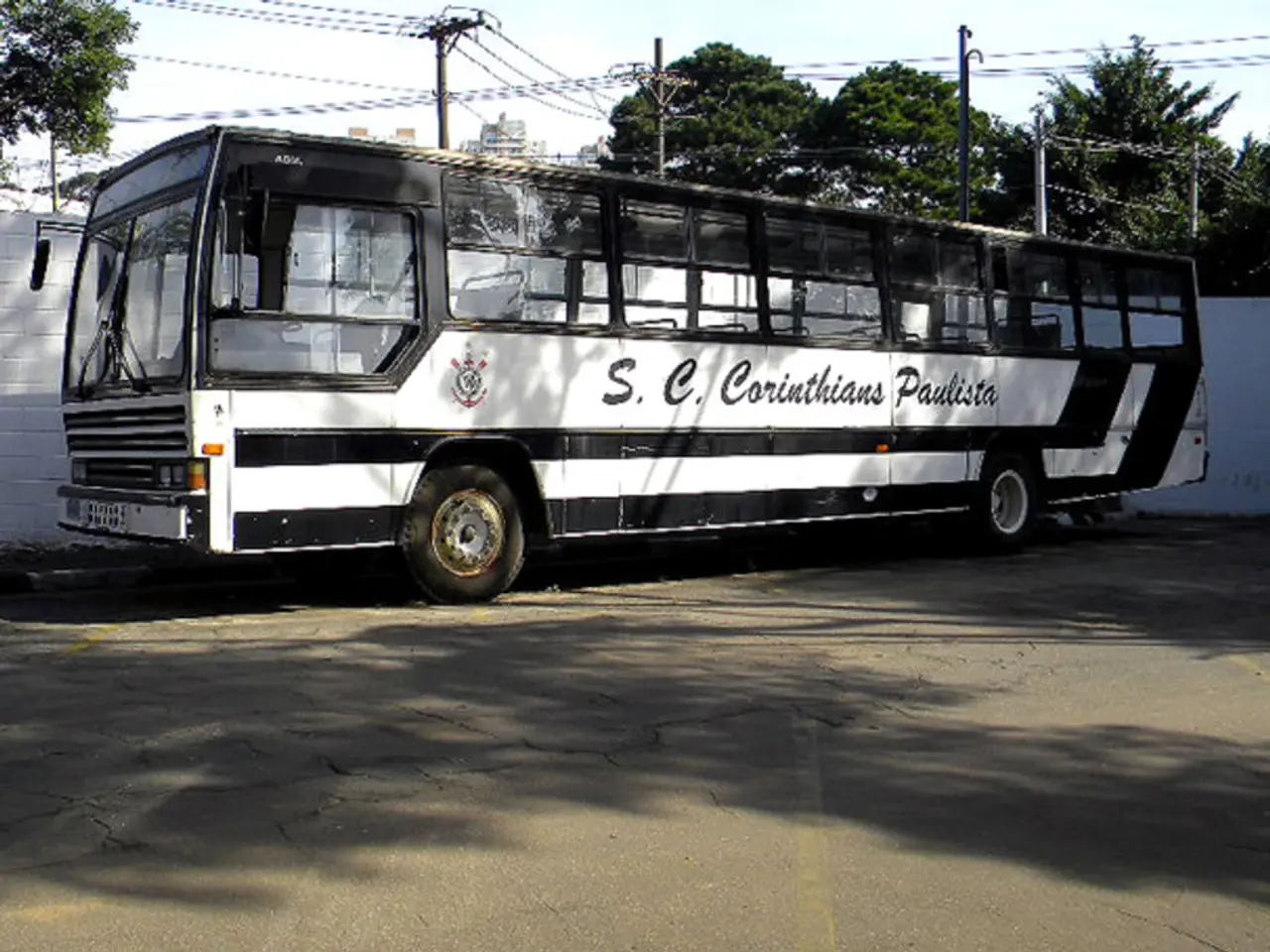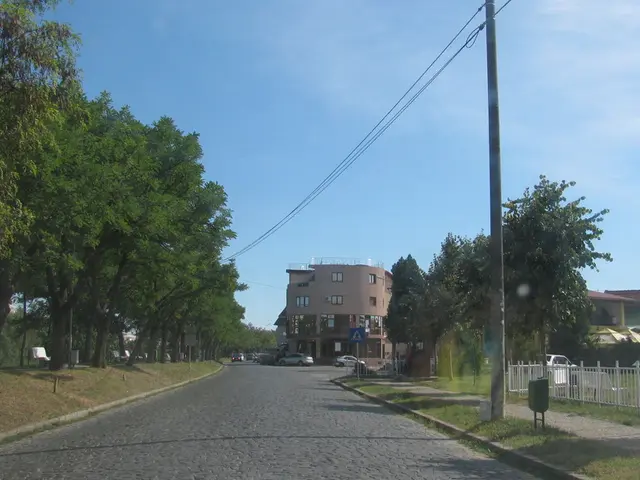Germany Halts Climate Vehicle Funding, Prioritizes Charging Infrastructure
Germany has temporarily halted funding for climate-friendly commercial fords and alternative propulsion systems for buses in passenger transport. This pause is due to necessary budget consolidation and a focus on essential investments, particularly in expanding refueling and charging infrastructure.
The subsidy program for eTrucks lasted only two rounds of funding, and the current subsidy program for eBuses only three rounds. Despite this, some German federal states and cities are continuing to offer subsidies for climate-friendly cars and charging infrastructure. For instance, Baden-Württemberg provides up to 2,500 euros per public or community charging unit, while cities in Bavaria like Dachau, Fürth, Grünwald, and Munich offer between 125 to 200 euros for private charging stations and fund public charging infrastructure. Additionally, the city of Salzburg in Austria is investing over 3.5 million euros in e-charging infrastructure and electric cars.
The government has around 1.8 billion euros available for these investments. However, there are no funds available for a new funding call for climate-friendly commercial fords. Instead, the focus is on expanding refueling and charging infrastructure, with subsidies for these constructions remaining virtually intact until 2024. Key projects include the Deutschlandnetz (German charging network) and the development of an initial charging network for electric cars.
While Germany has suspended funding programs for climate-friendly commercial fords and alternative propulsion systems for buses, subsidies for refueling and charging infrastructure remain a priority. The government aims to create conditions for the increase of climate-friendly cars through these investments, with funding guaranteed for approved projects until 2024.
Read also:
- HLC Approves ₹4,645.60 Crore for Flood Recovery and Wetland Rejuvenation in Nine States
- Two farmers in Zambia take legal action against two firms with Chinese connections, alleging an ecological disaster caused by their operations.
- Deepening EU-India relations despite apprehensions regarding Moscow connections
- Ongoing Transition Towards Cleanliness







